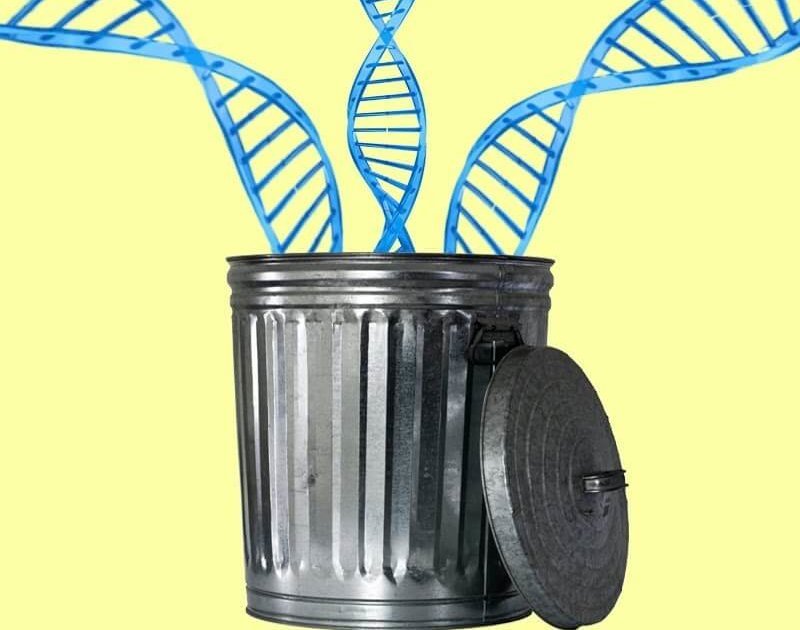The human genome has three billion base pairs in its DNA, but only about 2% of them encode proteins. The rest seems like pointless bloat, a profusion of sequence duplications and genomic dead ends often labeled “junk DNA.” This stunningly thriftless allocation of genetic material isn’t limited to humans: Even many bacteria seem to devote 20% of their genome to noncoding filler.
Many mysteries still surround the issue of what noncoding DNA is, and whether it really is worthless junk or something more. Portions of it, at least, have turned out to be vitally important biologically. But even beyond the question of its functionality (or lack of it), researchers are beginning to appreciate how noncoding DNA can be a genetic resource for cells and a nursery where new genes can evolve.
“Slowly, slowly, slowly, the terminology of ‘junk DNA’ [has] started to die,” said Cristina Sisu, a geneticist at Brunel University London.
In the future, researchers may be less and less inclined to describe any of the noncoding sequences as junk because there are so many other more precise ways of labeling them now. For Sisu, the field’s best way forward is to keep an open mind when assessing the eccentricities of noncoding DNA and RNA and their biological importance. People should “take a step back and realize that one person’s trash is another person’s treasure,” she said.































